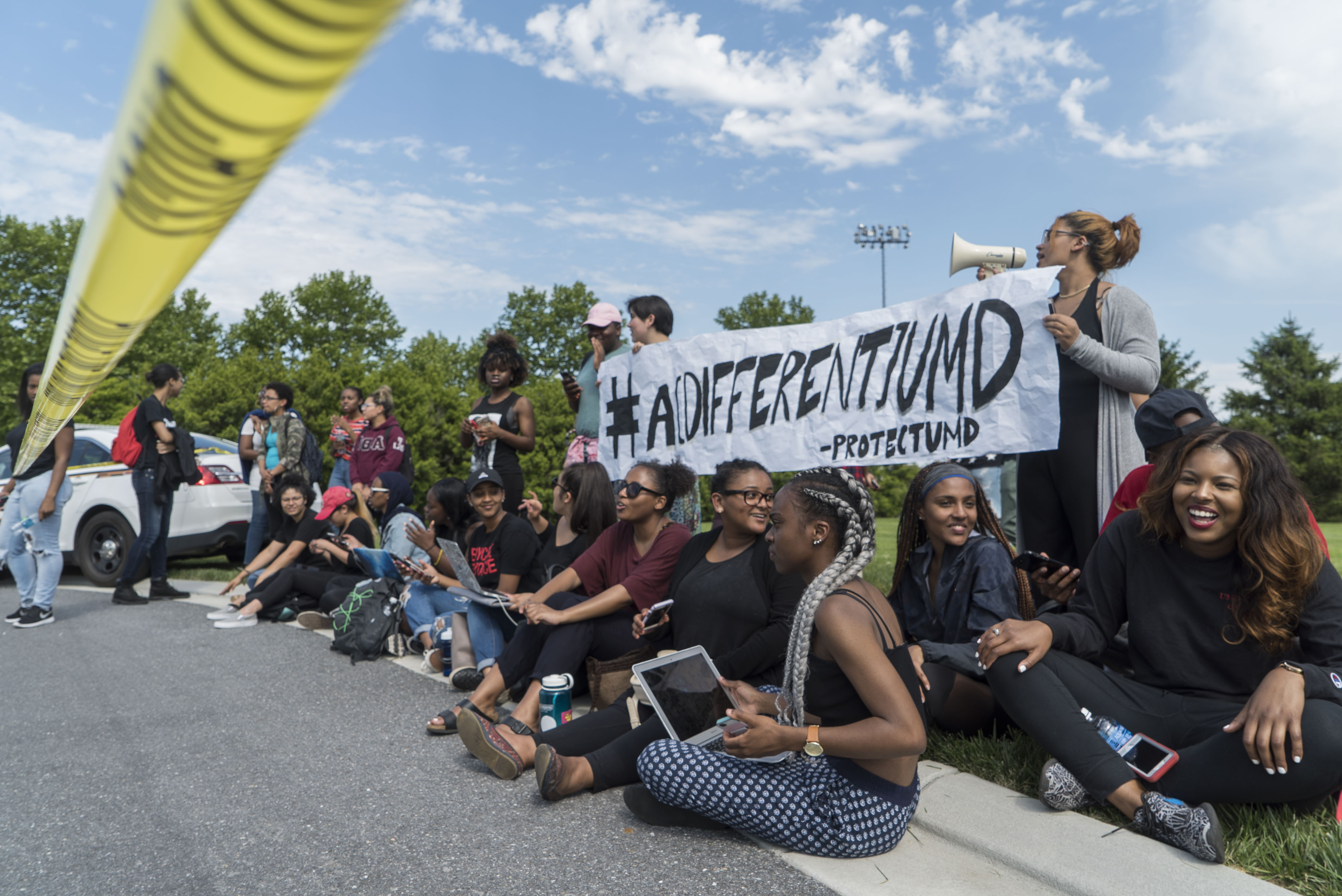Views expressed in opinion columns are the author’s own.
The morning after white supremacists and Nazis marched on an American campus, New York Times columnist Frank Bruni had an opinion about some of America’s college students. “I’m a white man, so you should listen to absolutely nothing I say, at least on matters of social justice,” he began. He’s being sarcastic, you see. In his column, he takes on student activists and other “guardians of purity on the left” who he thinks have gone too far in trying to protect the marginalized.
Aside from the irony of using the pages of the most important newspaper in the country to complain about being silenced, Bruni’s column is bizarre. It raises a number of questions: Why has Bruni criticized largely powerless college students trying to combat racism when a white nationalist occupies the White House? Why does Bruni think he should arbitrate what conduct is bigoted against minority groups he doesn’t belong to? Why, after all these years, is Bruni still employed by The New York Times?
Bruni’s column matters because it shares a prejudice common among opinionators. This prejudice holds that students these days are far too focused on their feelings. Folks spanning the political spectrum — from liberal “thought leaders” to conservative internet trolls — agree college students are weepy and wimpy.
In their viral Atlantic essay “The Coddling of the American Mind,” Greg Lukianoff and Jonathan Haidt argue that trigger warnings, microaggressions and safe spaces reveal a studentry afraid of rational argument. A separate Times column instructed college kids to stop saying “I feel like,” arguing that the prominence of the phrase reveals a campus culture that “may have eroded students’ inclination to assert or argue.” People on the right have a powerful word for the trigger-happy, overemotional college student: snowflake.
Most of this whining about students and their feelings is silly. Feelings are a valuable component of argument, and bullying students into using logic exclusively is shortsighted. When a university makes policies, its primary objective is to facilitate an exchange of ideas. However, it also must avoid inflicting unnecessary pain onto students. So, in discussions of campus policy, students must share their feelings. How else would an administration know whether it’s hurting its students without cause?
For example, Yale University recently removed the name of John C. Calhoun, former senator and avowed white supremacist, from one of its colleges. Feelings were a locus of the debate leading up to this decision. Black students shared valuable insight into how it felt to learn in a building that honors a man whose life’s work was the oppression of black Americans. The logic behind removing Calhoun’s name is simple: The legacy of the name hurt many students, and Yale shouldn’t hurt its students without good reason, so Yale renamed the building. It’s not wimpy, nor is it the end of rational discourse; it’s clearheaded compassion.
Of course, there’s a counter-argument to all this. In their Atlantic essay, Lukianoff and Haidt argue that students actually do damage to their mental health when they focus on their feelings and experiences. Lukianoff and Haidt claim our campus culture discourages toughness and grit. When you’re a snowflake, the slightest adversity will make you melt.
But the rally in Charlottesville, Virginia supplied mountains of evidence that this argument is bunk.
Because when Nazis, neo-Confederates and all manner of monsters stormed the University of Virginia, Haidt, Lukianoff and Bruni were nowhere to be found. Instead, the front line of defense was populated by progressive student activists who endured flying fists and flaming torches. These college kids, who some might call snowflakes, showed toughness and grit unlike any well-paid thought leader or tut-tutting pundit.
So, next time a smarmy commentator is triggered by campus activists, let’s hope they’ll zip their lips and melt in silence.
Max Foley-Keene, Opinion Editor, is a sophomore government and politics major. He can be reached at opinionumdbk@gmail.com.



